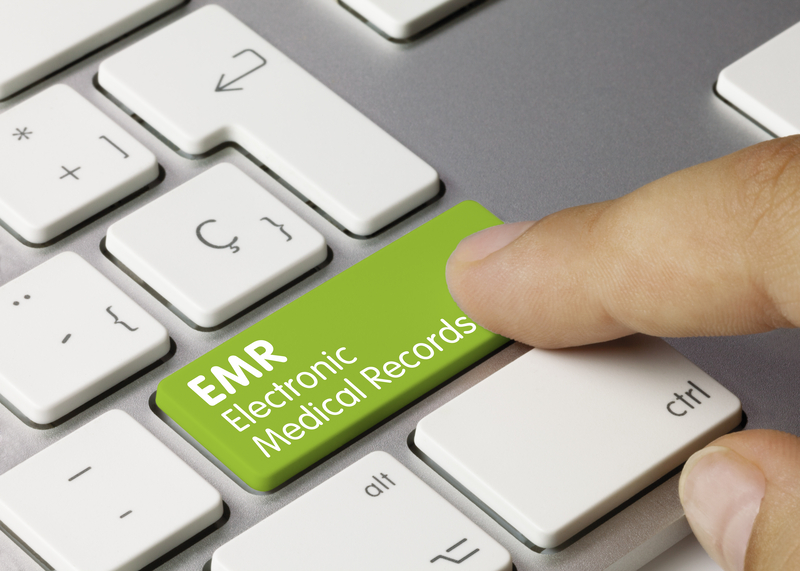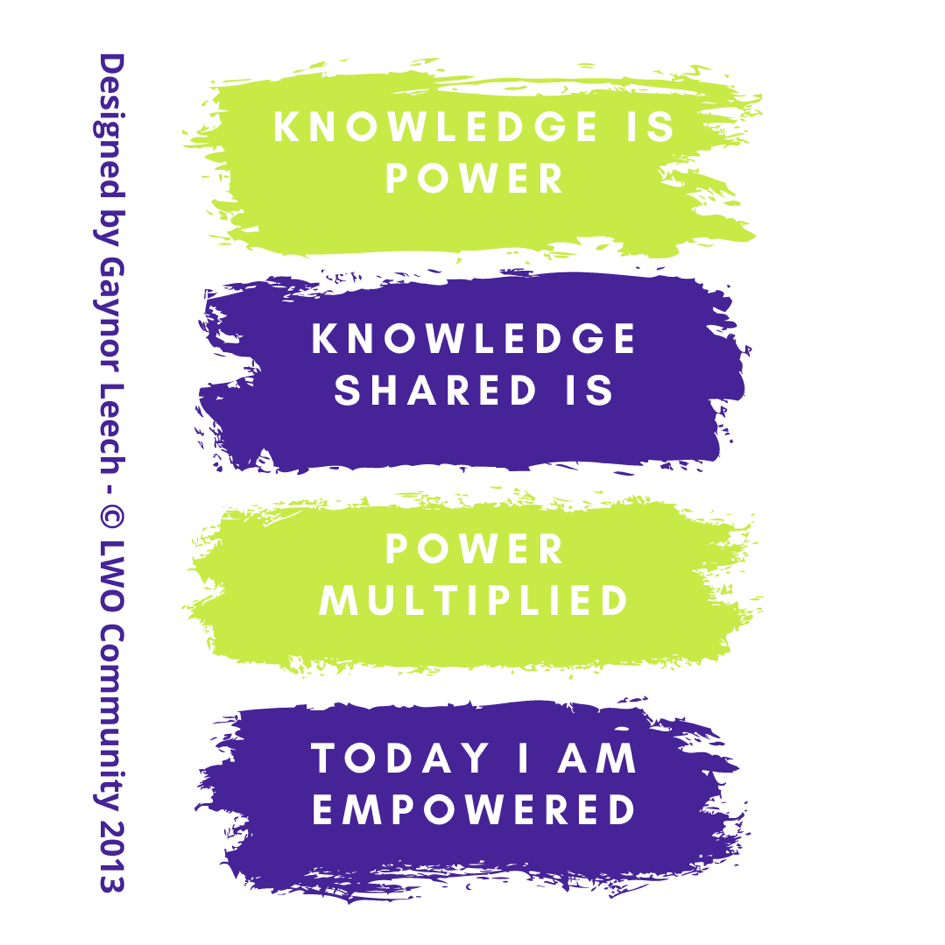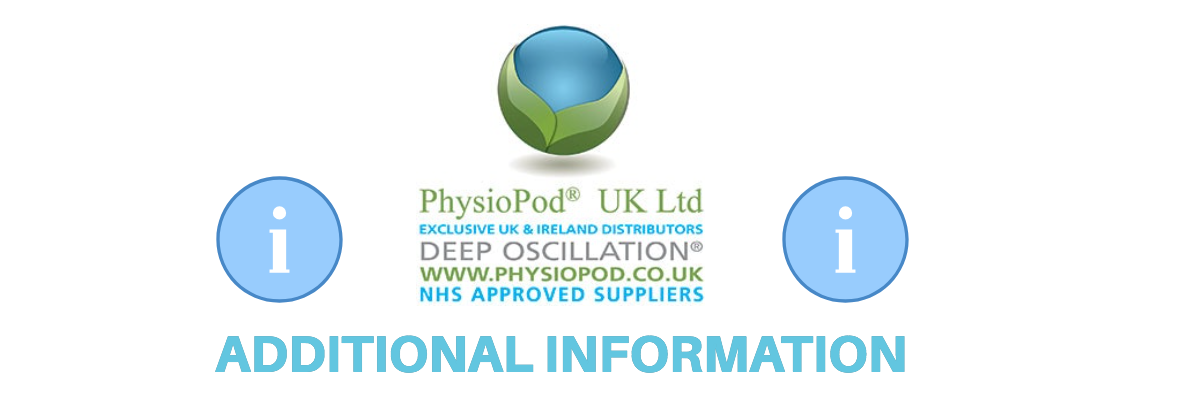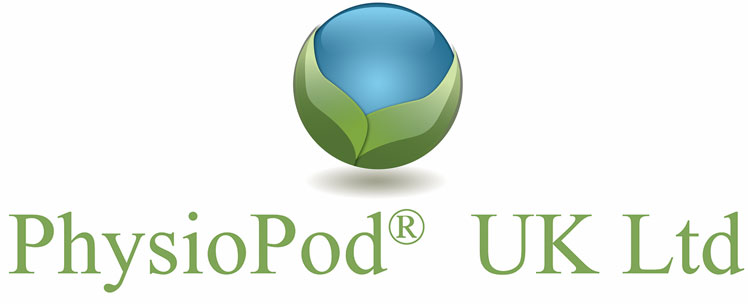Accessing Digital or Electronic Health Records (EHRs)
By Gaynor Leech, Lymphoedema Patient Advocate and Founder of LWO Community

Digital or electronic health records (EHRs) offer significant advantages to both healthcare providers and patients. Everyone wants better health care, patient-centred care that leads to improved self-care. For those of us with lymphoedema, understanding how our lymphatic health affects our overall health is crucial.
Medical records or health records hold information about your health, including:
- Allergies
- Consultations
- Documents (referrals, consultations, clinical letters, etc.)
- Immunisations
- Medications (current and past), repeat prescriptions, allergies or adverse reactions.
- Medical history: past diagnoses, treatments, surgeries, and procedures.
- Doctor's notes: summaries of visits, progress notes, and any discussions or recommendations made during appointments.
- Test results (bloods, cholesterol, X-rays, scans)
You will have individual records for each NHS service you use, including your general practitioner's (GP) office, hospital, dentist, and optometrist. For this article, I will be focusing on the records from your GP's surgery.
Full Medical Records
On a personal level, I didn’t need to see my full medical record, and for several years, I was happy to have access to my medication list, which enabled me to order repeat prescriptions online through a designated app. In addition, I had access to my allergy list, which consisted primarily of medications to which I had severe reactions.
I was hospitalised for five days in January 2023 and found it extremely difficult to comprehend my illness, gleaning only fragments from the four medical departments that collaborated to produce a comprehensive diagnosis. My GP's surgery usually sends me copies of the letters they get regarding my hospital consultations and subsequent advice or treatment. That did not happen. When I questioned why, I was told that the hospital I was admitted to didn’t come under the same health authority. This was total rubbish, because the hospital assured me that digital copies had been sent to my GP. I visited the surgery and spoke to a very helpful receptionist, who said I was entitled to see the information and promptly printed out the information I needed. As a result, I felt that it was time for me to seek access to my comprehensive medical records and was given a request form to fill out. It took seven weeks, and I now have access via the designated app my surgery uses, plus the NHS app.
Digital Records
There are multiple ways to gain access to one's own medical records. This article relates to internet accessibility.
First, check with your GP to see which online service they use. The quickest way is to check their website and search for online services. You must register for this service and enter your phone number, email address, and photo identification. The purpose of the photo ID is to verify your identification. You will be assigned a login name and password. There will be some surgeries that require you to fill out a paper form rather than an online form, and then they will email you your username and password once your request has been approved. You will be given instructions on how to download the applicable app or access it on your mobile device, tablet, or laptop.
Online Services GPs Use
You can nominate someone you trust to access your medical records.
The designated app used by my doctor's surgery also gives me regular updates on various health conditions, the most recent of which is a list of the numerous forms of heat rashes you may get at this time of year.
Using Your NHS Account
Using the NHS app or website, you can access your GP record by signing into your account. You can have an NHS account if you are registered with a GP surgery in England and over the age of 13. If you live in Northern Ireland, Scotland, or Wales, please check your GP website for details or access the links below:
- England: find a GP
- Scotland: NHS Inform: GP Practices
- Wales: NHS 111 Wales: GP surgeries
- Northern Ireland: nidirect: find a GP practice
First, you must register for online services and verify your identity. This allows you to create an account. You must request online access to your complete medical record from your primary care physician; otherwise, you will only view your medications and allergies.
The NHS app also provides the COVID pass and allows you to register for organ donation by signing up for the NHS Organ Donor Register. You can give permission to share your data for research and planning or register to be a part of health research if this appeals to you.
Providing Better Communication
Applying for your full medical records may take up to six weeks. When I inquired why it took so long, I was told they had to check to make sure the information they were providing was correct. However, when I finally had access to my full medical records, there was some information missing, including the fact that I had lymphoedema. Unbelievable! To be fair, once I pointed out the missing content, my record was updated the same day, and I received an apology.
Having access to my records also made it easier to question my GP. For instance, one of my blood counts has been described as ‘abnormal’ for some time. Me being me, I questioned why. The response resulted in dismissal by one GP without explanation; this was unhelpful and contributed to further concern. Access to my medical records allowed me to question again why this blood count was higher by giving the GP the dates, which spanned an eighteen-month period. The outcome of this was better communication and agreement that while the blood count was higher than normal, it was stable. Therefore, my GP and I were able to agree that this was the new norm for me. I believe having access to my medical records also means I can take greater responsibility for my own self-care and, more importantly, work towards improving my lymphatic health. It is worth reading the article by NHS Health Education England, who have set out guidelines for person-centred care and a person-centred framework.
Informed choices
It would be irresponsible of me not to accept that access to your complete medical data may not be suitable for you. Some of you will not want to know what is in your records, particularly if it causes you to feel anxious. Whatever decision you make is a matter of personal preference.
My digital records span a period of twenty years, and there were three conditions that I do not remember being told about; one newly diagnosed condition was in January this year, which has had a significant impact on my life. Seeing this condition in black and white means I can adapt and make the adaptations I will need for the future.
As I have had the privilege to become a septuagenarian, I still believe, as I did ten years ago:

Gaynor Leech
Primary, Secondary & Paediatric Lymphoedema - Online & in the Community
Promoting Lymphatic Health, Self-Care, Patient Empowerment & Community Engagement

It's important to note that digital health records are subject to strict privacy and security regulations to ensure patient confidentiality and protect sensitive health information.
Digital health records are stored in secure electronic systems accessible to authorised healthcare providers, allowing for efficient and coordinated care. They have several advantages over paper-based records, including:
- Accessibility: Electronic records can be accessed remotely by healthcare professionals, allowing for better coordination and continuity of care.
- Efficiency: EHRs simplify information retrieval and reduce paperwork, streamlining healthcare processes and improving efficiency.
- Accuracy: Digital records contribute to improved accuracy and legibility, minimising errors and improving communication among healthcare providers.
- Data analysis: EHR systems facilitate data analysis and can provide valuable insights for research, public health, and quality improvement initiatives.

